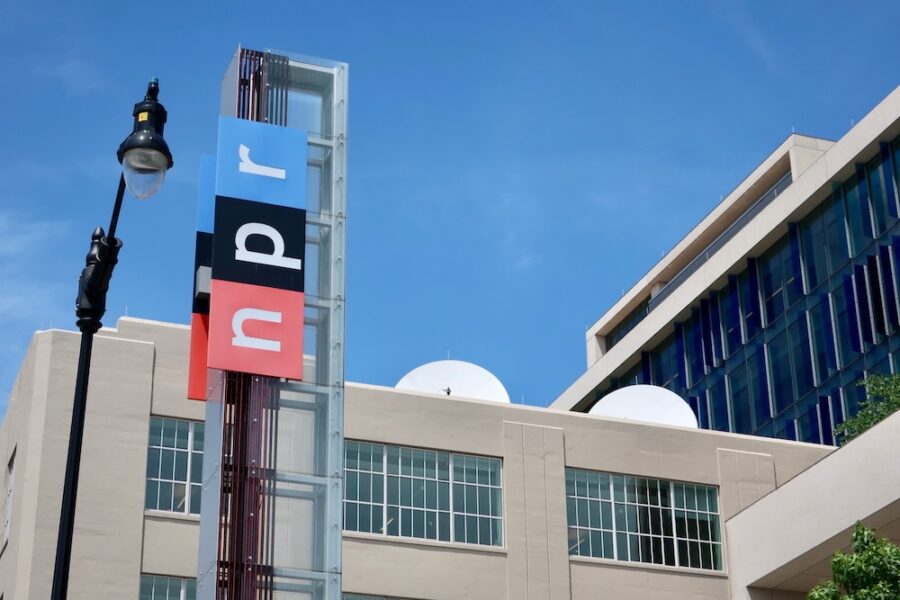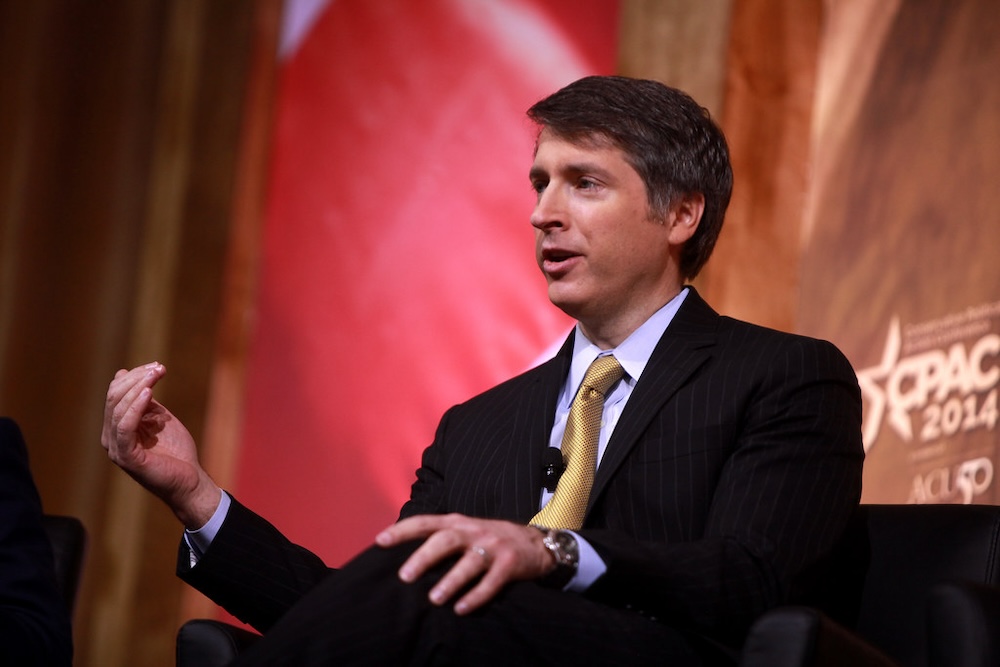Politics
NPR Forced To Issue Major Correction After Hit Piece On Conservative Journalist

NPR was recently forced to issue a significant correction after publishing a misleading story regarding conservative journalist Rich Lowry, Editor-in-Chief of the National Review. The original report by NPR accused Lowry of using a racial slur during an appearance on The Megyn Kelly Show, a claim that originated from a viral video and subsequent social media accusations. This report, however, has now been debunked, with NPR expressing their regret for the error in their coverage.
The controversy began on September 15, when Lowry appeared on Kelly’s show to discuss media coverage surrounding an incident involving Ohio Senator and Vice Presidential candidate, JD Vance. During the discussion, Lowry stumbled over the words “migrants” and “immigrants,” resulting in an unfortunate mispronunciation. Some listeners, particularly those aligned with the liberal group Media Matters, took to social media to accuse Lowry of using the N-word. Media Matters’ deputy director of rapid response, Madeline Peltz, played a central role in amplifying this accusation, which quickly went viral on platforms like X (formerly Twitter).

Rich Lowry speaking at the 2014 Conservative Political Action Conference (CPAC) in National Harbor, Maryland.
In response to the growing buzz, NPR ran a story on September 17, initially supporting the notion that Lowry may have used the racial slur. The original headline of the piece read: “Conservative editor-in-chief appears to use racial slur to refer to Haitian migrants,” which fueled the narrative that Lowry’s comments were intentionally offensive. However, the story omitted critical context, including Lowry’s explanation of the verbal stumble and his denial of any racial intent.
NPR admits & expresses regret for “distorting the truth” about @RichLowry in its reporting of the false “racial slur” smear against him by the vile Media Matters. Good for them. Total vindication of Rich. Not that he needed it. https://t.co/gzt4e9vfXo
— Megyn Kelly (@megynkelly) October 4, 2024
Shortly after its publication, NPR’s editorial team reviewed the story and acknowledged that it did not meet the organization’s standards for fairness and accuracy. Several substantial edits were made to both the headline and the content of the article, which ultimately resulted in a revised headline: “Conservative editor-in-chief says mispronunciation led to accusations of using slur.” Lowry’s denial and explanation were moved to the top of the article, and additional clarifying statements were included.
Despite these corrections, NPR did not issue an official clarification note or correction on the story, which has led to criticism from many, including Lowry himself. He took to the pages of the National Review to express his frustration, calling the initial NPR headline “grossly unfair and misleading.” He further noted that while he appreciated the revisions, he felt the story never should have been written in the first place, as it gave undue credibility to a baseless viral accusation.
NPR’s Vice President and Executive Editor, Eva Rodriguez, defended the decision to cover the story, stating that there was significant public interest in the viral moment. However, Rodriguez admitted that the initial framing of the article fell short of NPR’s editorial standards. NPR’s standards editor, Tony Cavin, also weighed in, explaining that while no factual inaccuracies were present in the original report, the article’s tone and structure were unfair to Lowry. NPR’s own media correspondent, David Folkenflik, expressed his doubt about the newsworthiness of the story, noting “I think people should be dinged for and reported on what they actually do.”
(FREE RED HAT: “Impeached. Arrested. Convicted. Shot. Still Standing”)

